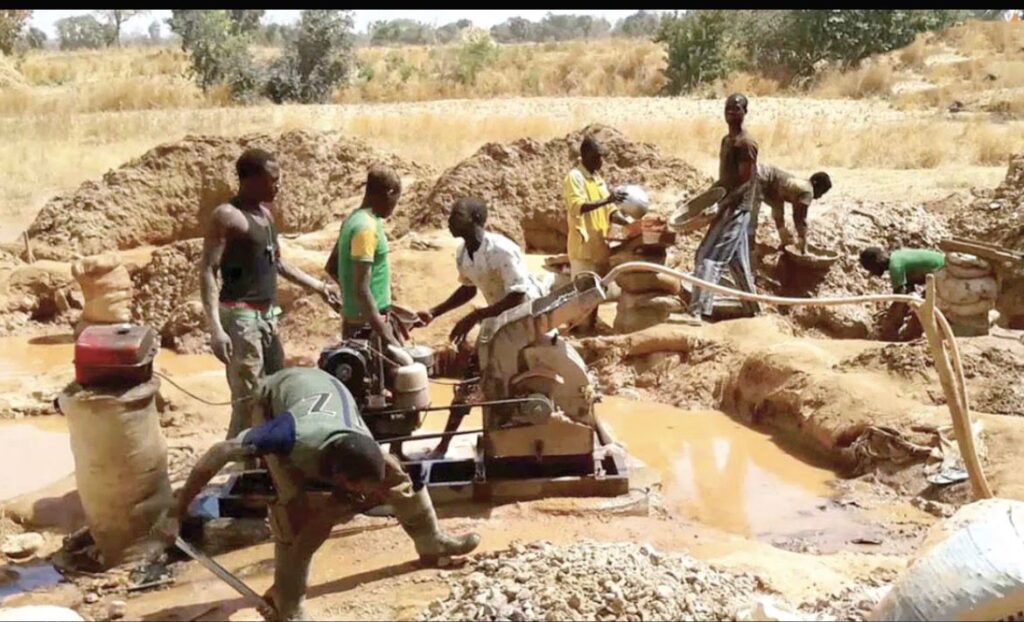Dangote, BUA to Freeze Cement Prices for Government Projects in Support of Economic Recovery

Nigeria’s leading cement manufacturers, Dangote Cement and BUA Cement, have announced plans to freeze cement prices for all contractors involved in federal government infrastructure projects.
This decision is part of broader efforts to support President Bola Tinubu’s economic recovery agenda, known as the Renewed Hope initiative.
The announcement was made on May 15, 2025, following a meeting between BUA Group Chairman Abdul Samad Rabiu and President Tinubu at the Presidential Villa in Abuja. Rabiu, who confirmed the collaboration with Aliko Dangote, Chairman of Dangote Cement, described the move as a gesture of support for the administration’s drive to revitalize the economy.
“We have decided that we are going to freeze the price of cement for any contractor involved in the Renewed Hope projects.
“There will be no increase for the foreseeable future. This is our contribution to support Mr. President’s Renewed Hope Initiative,” Rabiu said.
This commitment is expected to help stabilize costs for critical infrastructure projects across the country, ensuring that ongoing construction is not hampered by rising material prices.
Despite the industry facing significant challenges, including high energy costs and foreign exchange pressures, Rabiu noted that cement prices in Nigeria remain competitive by global standards. He explained that even at approximately ₦10,000 per 50kg bag, the price aligns with the international average of about $120 per ton.
The cost of production has been driven up by rising fuel prices, increased logistics costs, and the high cost of spare parts, most of which are imported and paid for in U.S. dollars.
However, Rabiu emphasized the importance of supporting government efforts to rebuild the economy, even amid these pressures.
In addition to freezing prices, the cement manufacturers have committed to reviving the Cement Technology Institute of Nigeria (CTIN) to address the skills gap in the construction sector. Rabiu announced that manufacturers would contribute between ₦20 to ₦30 per bag sold to generate about ₦15 to ₦20 billion annually for this initiative.
This funding will be used to train artisans and build technical capacity within the local industry, ensuring a steady supply of skilled workers to support the ongoing infrastructure drive.
“We’re revamping CTIN not just to train artisans, but to sustain the gains we’ve made in local cement manufacturing,” Rabiu stated.
Rabiu also highlighted BUA Foods’ role in stabilizing food prices through aggressive supply-side interventions. He credited President Tinubu’s six-month duty waiver on key food imports, such as wheat, maize, and rice, for helping to bring down market prices.
“Rice is now about ₦60,000 per 50kg bag, down from ₦110,000 last year. Flour has dropped to ₦55,000 and maize to ₦30,000. This was made possible by the President’s bold six-month waiver policy, which disrupted hoarding and brought relief to consumers,” Rabiu said.
Rabiu concluded by reaffirming the private sector’s commitment to supporting government initiatives aimed at economic growth and national welfare.
“Mr. President was satisfied with our report. He encouraged us to do more, and that’s exactly what we intend to do,” he added.
The collaboration between Nigeria’s largest cement manufacturers and the federal government is expected to provide a significant boost to the nation’s infrastructure development, laying the groundwork for long-term economic stability.









